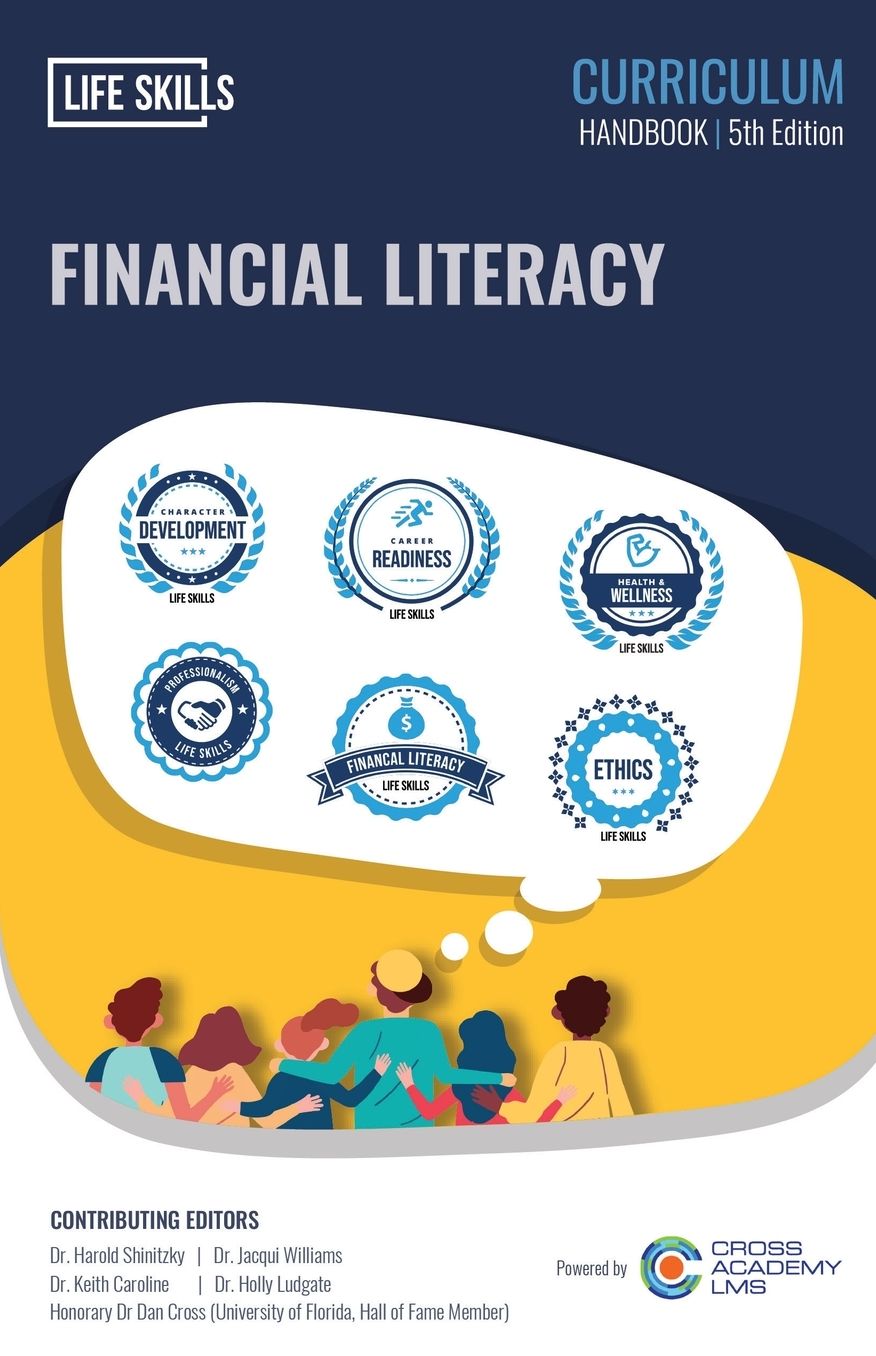
Financial Literacy
Format: Paperback
Understanding your finances and budgeting is a critical part of financial literacy, which helps you make smart decisions about your money. Financial literacy includes understanding budgeting, credit, investments, and retirement planning. A key element of managing finances is budgeting, especially as many people live paycheck to paycheck, struggling to balance their income and expenses. A budget is a financial plan that compares your income (earnings) with your expenses (spending). Historically, people tracked budgets manually, but today, many use spreadsheets or budgeting apps for efficiency.
One popular method for budgeting is the 50/30/20 rule: 50% of your income should be spent on needs (housing, utilities, etc.), 30% on wants (entertainment, dining out), and the remaining 20% should be saved. This method helps manage spending while ensuring you are saving for the future.
As a teenager, your financial picture will likely differ from when you're an adult, especially if you're living at home with your parents. Many of your costs, such as housing and utilities, may be covered. However, once you start living independently, your financial responsibilities will increase. Even if you have a modest income now, learning to budget will help you save and prepare for the future.
Budgeting is an ongoing process, not a one-time task. Regularly tracking your income and expenses helps you understand your spending habits, stay on track with your savings, and manage unexpected costs. Budgeting creates a cushion for emergencies, helps you plan for long-term goals, and allows you to make adjustments as needed.
In this exercise, you'll start by listing your income and expenses. Even if you don't have a lot of either, it's useful to gather information from your parents or guardians to understand how much living costs. Consider the following questions to assess your current financial situation and plan for your future:
- What is your monthly income? (Earnings from a job or allowance)
- What is the rent for a one-bedroom apartment in your community?
- What are the typical utility costs for a one-bedroom apartment?
- How much does Wi-Fi cost monthly?
- What is your monthly cell phone bill?
- How much do you spend on gas and car insurance?
- How much do you spend on food, entertainment, and clothes each month?
- Do you have credit card debt? If so, what's the minimum payment?
- What are your savings goals?
By answering these questions, you'll have a clearer picture of your finances and begin building a realistic budget. Understanding your financial needs and habits now will help you achieve your goals, whether it's saving for a car, a college fund, or other future expenses.
Choose options

















